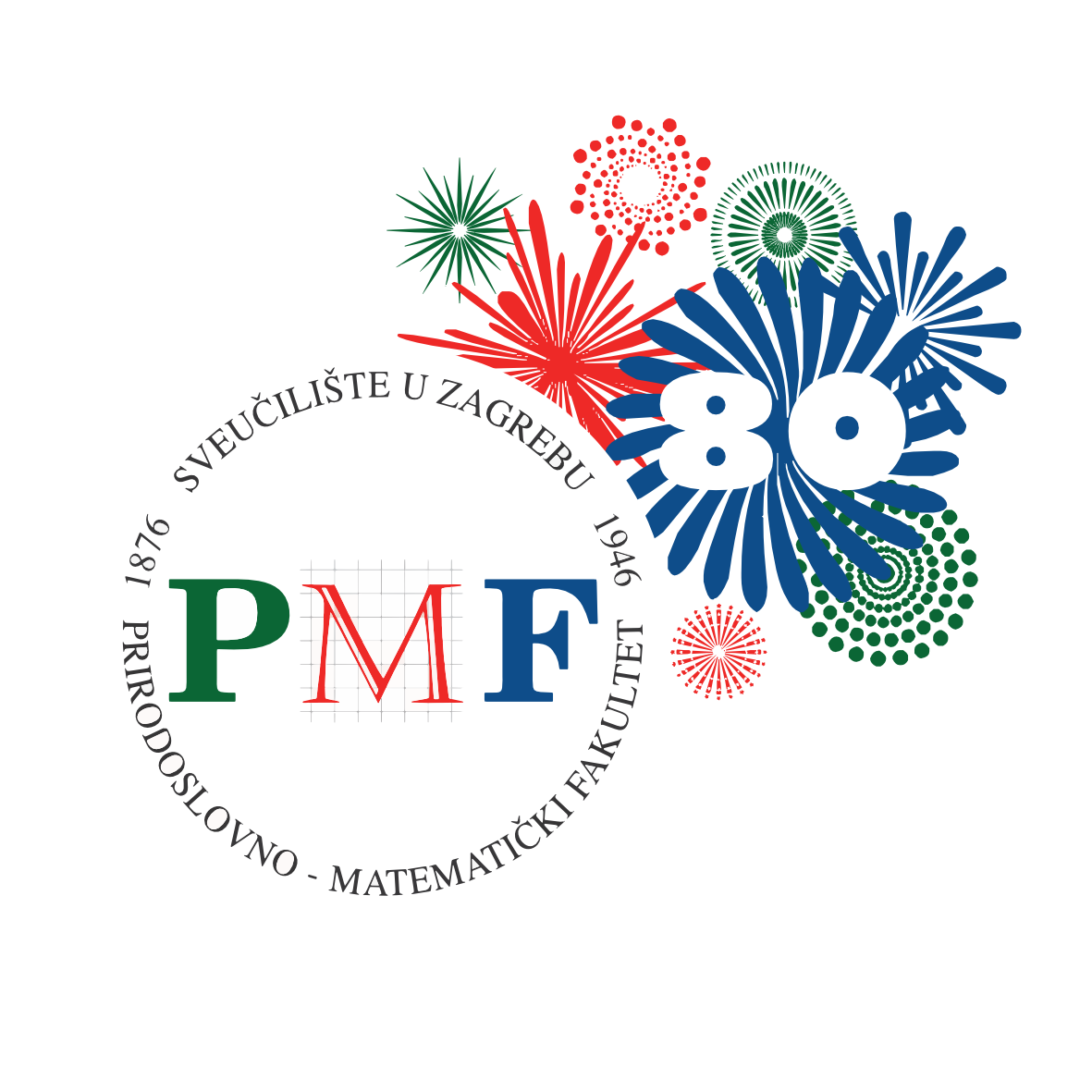Mikroskopska istraživanja induciranih faza u jako koreliranim elektronskim sustavima
New technologies rest on the constant development of new materials, but paradigmatic technological leaps occur when new concepts and/or states of matter are discovered. A large area for the discovery of new phases of matter is found among highly correlated electron systems (SCES); competing interactions and quantum critical phenomena enable a wealth of ordered states. Therefore, the study of correlated electronic systems is at the very forefront of condensed matter research.
SCES have very complex phase diagrams with various control parameters such as temperature, magnetic field, pressure or doping. At phase transitions, fluctuations can modify the basic electronic properties and create a new type of "quantum critical" matter, thereby changing the properties of the material. Our research will focus on a few selected SCES seeking answers to important open questions.
We will study trivalent titanium oxides, where prominent issues include the magnetic/orbital critical point, strain tuning of magnetism and conductivity, and induced low spin dimensionality. Our investigations of lanthanum cuprates should determine the nature of the transition between magnetic insulator and (supra)conductor, and show how charge ordering interacts with superconductivity under pressure in a barium-doped compound. We will also investigate the quasi-1D Haldane spin chain with the aim of understanding the Bose-Einstein ordered phase and its evolution into a gapped phase.
To the list of control parameters we already apply in our laboratory (temperature, magnetic field, doping), we will add isotropic and uniaxial pressure to investigate emerging phases and phase transitions. We will use local (NMR/NQR) and mesoscopic experimental methods (linear and nonlinear conductivity and heat capacity).
The project will result in several articles in high-quality journals and two doctoral theses. In addition, the project will increase the Faculty's research capacity by acquiring a new NMR spectrometer.

 Pristupačnost
Pristupačnost